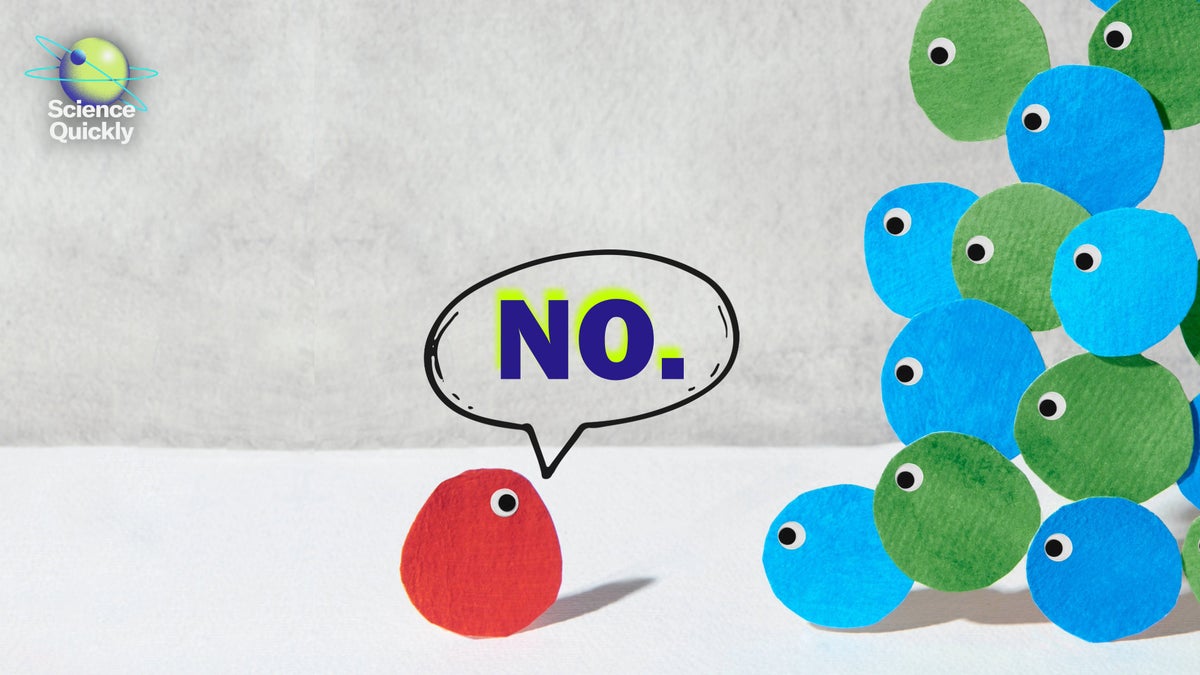
"As children many of us are taught that being good means being obedient: doing what we're told by parents, teachers and authority figures. But that conditioning can make it incredibly difficult to speak up when we know something is wrong, whether that means correcting a mishandled coffee order or standing up against injustice. How can we learn to overcome these instincts when it really counts?"
"Ah, so this probably started way back in my childhood because as a child I was really known for being an obedient daughter and student. And I remember asking my dad when I was quite young, What does my name mean? And he told me that Sunita means good in Sanskrit, and I mainly lived up to that: I was obedient at home. I was agreeable at school. I did all of my homework. I went to school on time."
"I even got my hair cut the way my parents wanted me to. And these were the messages that I received not just from parents but from teachers and the community: to be good. And what does that really mean? It means to do as you're told, to obey, to be obedient, to be compliant. And I really internalized a lot of those messages, and I think they're often messages that we give to children."
Children are commonly taught that being good equals obedience, which promotes compliance with parents, teachers, and other authority figures. That early conditioning makes it difficult to speak up when something is wrong, from correcting small mistakes to confronting systemic injustice. Obedience training encourages agreement, punctuality, and adherence to expectations, often at the cost of asserting personal judgments. Internalized messages about being good can suppress dissent and hinder corrective action. Developing an ability to say no and to be strategically defiant can empower individuals to challenge wrongdoing and improve outcomes in situations that require intervention.
Read at www.scientificamerican.com
Unable to calculate read time
Collection
[
|
...
]